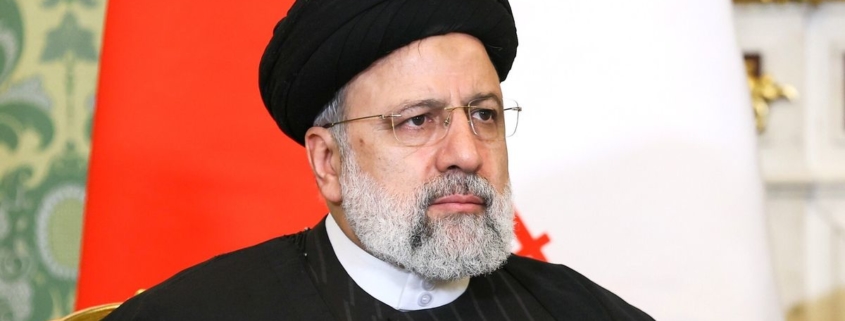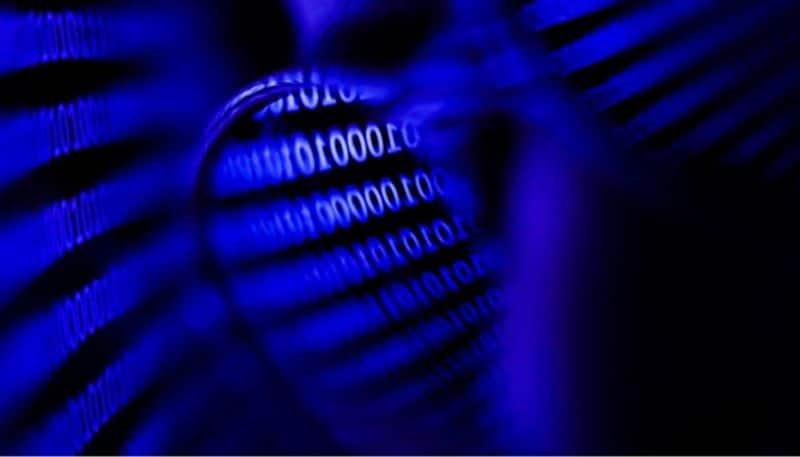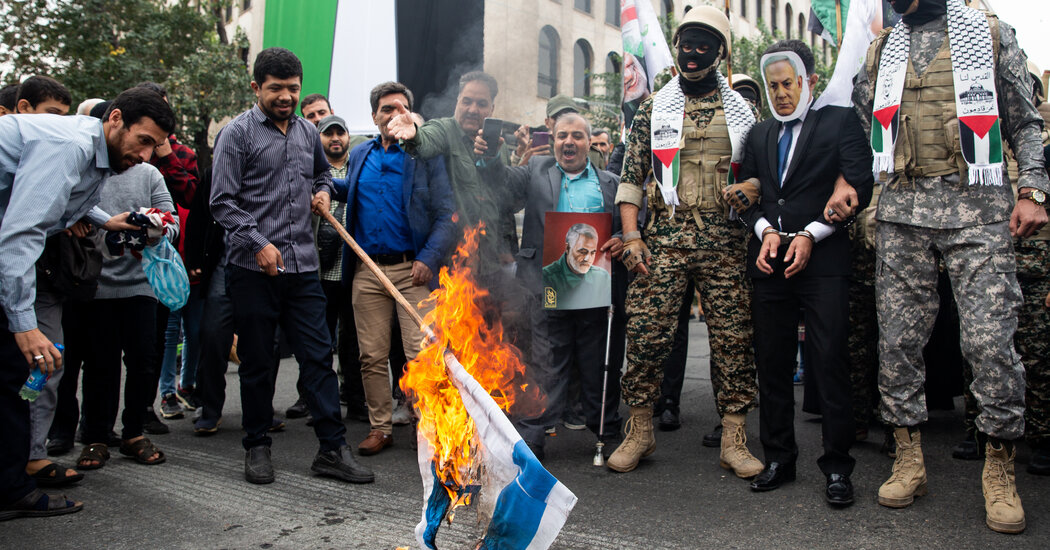The internet in Iran among the worst worldwide for connectivity
The internet in Iran is among the worst worldwide and the cause might be the government’s censorship boost.
Blocked websites, daily disruptions, slower speeds, and filtering saturation of IP addresses—that’s the grim scenario depicted by the Tehran Electronic Commerce Association (TECA).
In a report by the TECA (source in Farsi), experts blame the President and Iranian officials’ lack of knowledge for this “self-inflicted” situation. Iran is leading the way for internet disruptions around the world forcing citizens to turn en masse to VPN services and other circumventing tools to keep accessing crucial information online.
Leader in internet restrictions
Commenting on the findings, Information Security Analyst at Citizen Lab Azam Jangravi told me: “Iran has one of the most restrictive internet environments in the world, blocking access to many popular websites and social media platforms, as well as surveilling and filtering online content.”
As the investigation carried on by the Tehran Electronic Commerce Association—an independent body that monitors and evaluates the internet situation in Iran—reveals, nearly half of all websites in Iran experienced some form of interruptions in the past nine months.
Experts also recorded daily internet outages, especially “occurring between 5pm and 11pm.” These appear to be a by-product of new filtering equipment within the domestic network, which causes functional disruptions and processor saturation.
Did you know?
Iran’s economy suffered more than $1.7 billion USD of GDP (Gross Domestic Product) loss due to internet shutdowns and over $470 million USD from service blocking in 2023, according to NetLoss‘ calculations.
All this places Iran among the worst 50 countries for internet quality, alongside some of the poorest and underdeveloped nations. Yet, in Iran’s case, the government is to blame, experts said, as “these conditions are self-inflicted.”
The report alleges that, due to a lack of technical understanding, Iranian officials might impose indiscriminate censorship on the IP level without providing clear reasons for it.
Not just website blocking and bandwidth throttling, Iran’s authorities have been increasingly…



